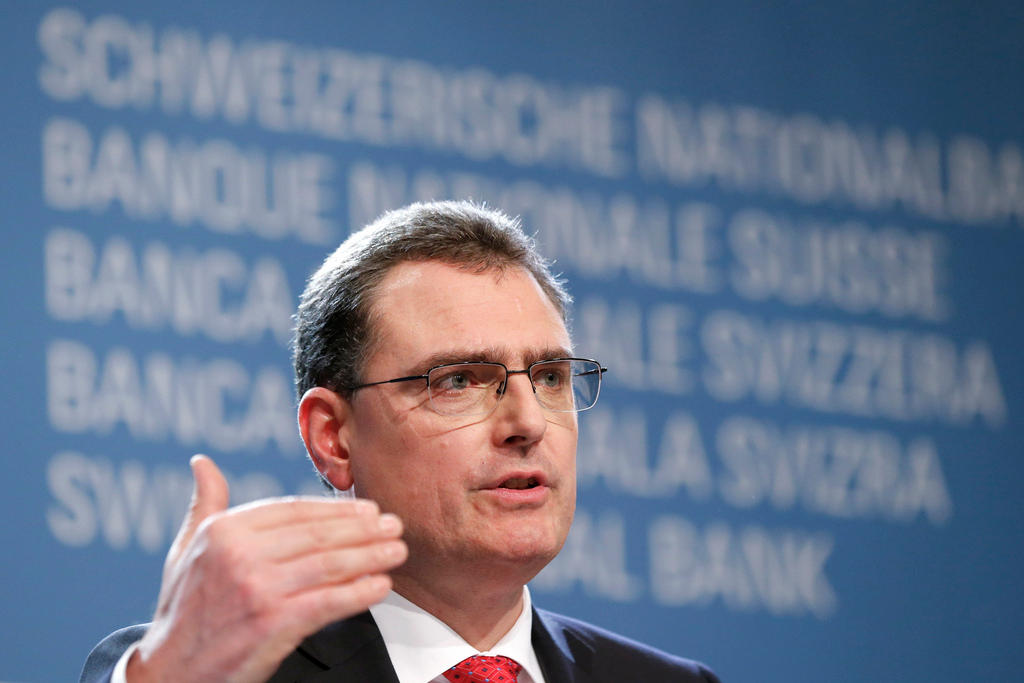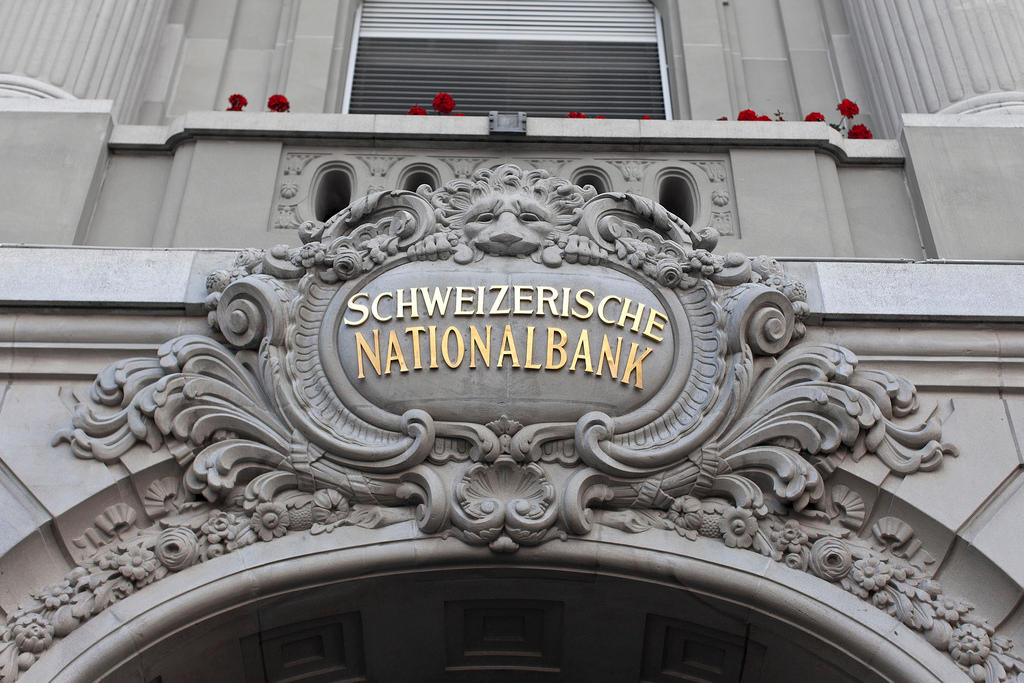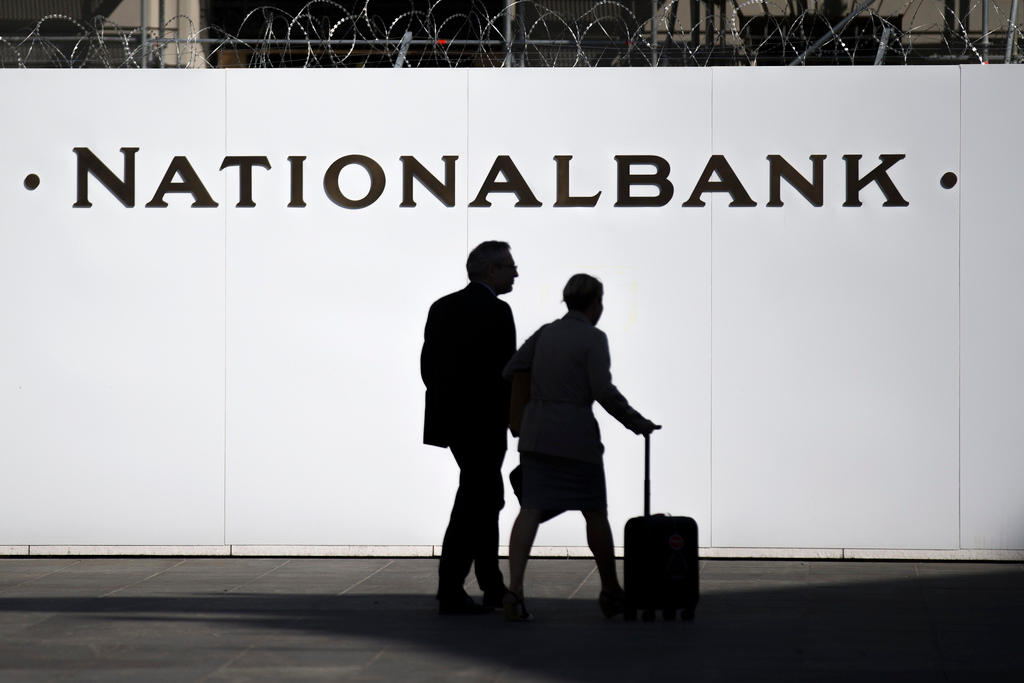Despite calmer times, SNB is still ready to man the lifeboats

The Swiss franc acts like storm warning for global financial markets. When seas are calm and optimism is sunny, the franc weakens. But when economic or geo-political tensions build, especially in European neighbours, Switzerland becomes a haven: capital inflows accelerate and its currency appreciates, to the anguish of its exporting industries.
Sometimes its agonies grab world attention. Almost three years ago, in January 2015, the Swiss National Bank rattled global markets when it unexpectedly abandoned its official cap on the franc’s value against the euro — sending the currency sharply higher.
So what does the world need to know about the affluent Alpine state right now? The SNB’s latest policy meeting last week in Bern was low profile. The main policy interest rate stayed at the historic low of minus 0.75 per cent set after the 2015 “Frankenschock”. It still regarded the franc as “highly valued”, and would intervene if necessary in foreign currency markets to prevent its appreciation, further expanding its SFr813bn balance sheet.
But its post-meeting caution was striking. Outsiders might have expected some cheer. The franc has fallen 5 per cent on a trade-weighted basis since midyear. The Swiss economic recovery is gaining momentum, and prices have moved out of the dangerous deflation zone. Like the Federal Reserve and European Central Bank, the SNB could reasonably have entertained the idea of phasing out emergency stimulus policies.

More
Financial Times
External linkThe SNB was having none of that, however. “It is too early to talk about normalisation in the case of the SNB,” declared Thomas Jordan, chairman. The franc’s depreciation had “happened in a very positive market environment”, added Andréa Maechler, his governing board colleague. Better global economic conditions and stronger corporate profitability had also reduced “temporarily” Switzerland’s role as a haven. “But that could change very rapidly,” Ms Maechler warned.
Was it right to be so defensive? Central bankers are instinctively cautious. The ECB — from an Alpine viewpoint — is also proving frustratingly slow in dismantling crisis-era measures, which keeps upward pressure on the franc. The ECB intends to continue asset purchases until at least September 2018, and policy interest rates unchanged even longer. The SNB could probably only tighten policy after its Frankfurt counterpart.
On the other hand, the Swiss franc’s “haven” role has arguably become less important. The yen and dollar also have haven characteristics, especially when tensions are more global than European. Meanwhile, Europe’s crisis-fighting mechanisms and the resilience of its bank system have been improved significantly since the eurozone debt crisis erupted in 2010. “If something bad happens now in the euro area, it will have less spillover effects for the Swiss franc,” reckons Stefan Gerlach, chief economist at EFG Bank in Zurich.
Election looming
The SNB is not so sure. Fresh in its memory is the upward pressure felt on the franc as recently as May — ahead of France’s presidential elections, which markets feared could have resulted in a far-right nationalist in the Elysée Palace. Similar effects have been noticed when tensions have risen recently over North Korea.
The SNB noted that option markets showed investors still prepared to pay a higher premium to hedge against franc appreciation than against its depreciation. It believes short-term investors have driven recent currency moves. Switzerland’s role as a haven has “probably not changed”, Mr Jordan concluded.
On the horizon is a general election in Italy, expected in the first quarter of next year, which could deliver a hung parliament, or even a victory for the anti-establishment Five Star Movement. “If the future of the euro is back on the block and the euro area is called into question, Switzerland will be back there as a safe haven,” says Bernhard Eschweiler, senior economist at QCAM Currency Asset Management in Zug.
The global economy is picking up; continental European economies are in better health. Read into it what you like, but the SNB is still ready to man the lifeboats.
© 2017 The Financial Times Ltd. Originally published at : FT.comExternal link

In compliance with the JTI standards
More: SWI swissinfo.ch certified by the Journalism Trust Initiative












You can find an overview of ongoing debates with our journalists here . Please join us!
If you want to start a conversation about a topic raised in this article or want to report factual errors, email us at english@swissinfo.ch.